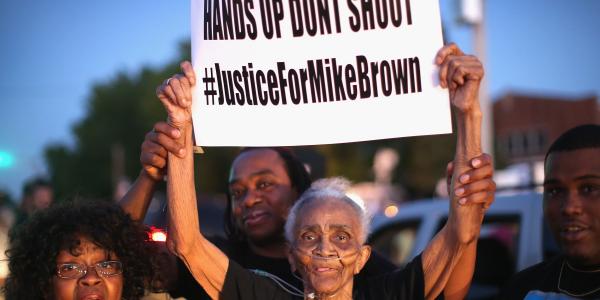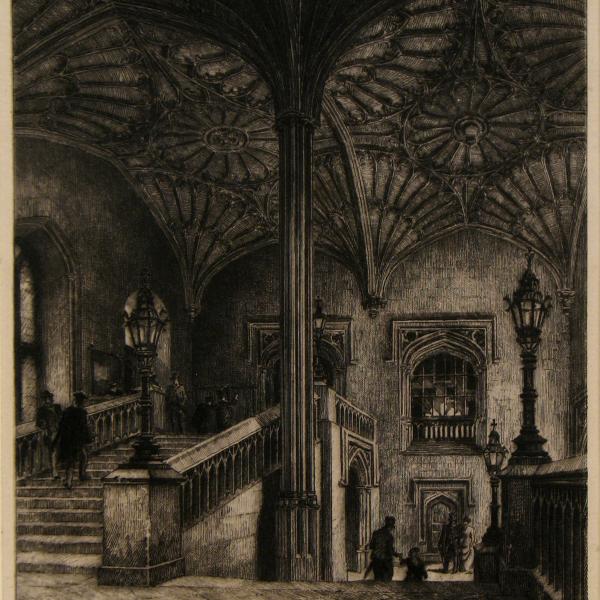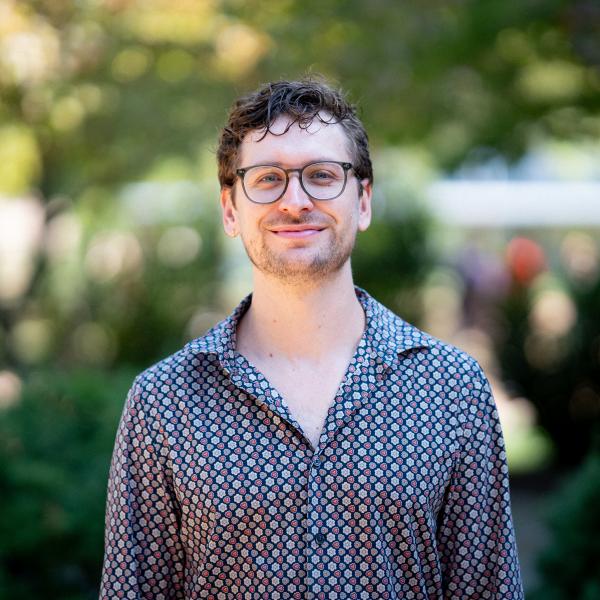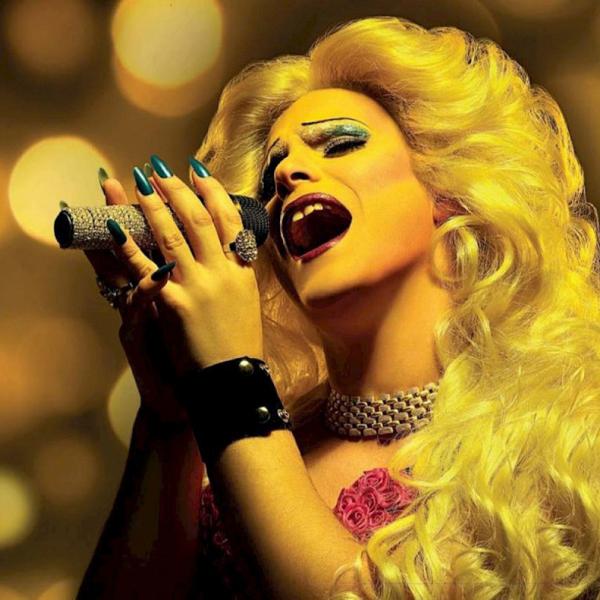Jeffrey Q. McCune is associate professor of African & African-American studies and women, gender and sexuality studies.
To be a Negro in this country and to be relatively conscious is to be in a rage almost all the time. — James Baldwin
Sometimes it feels like we have been dancing in a pool of black rage and black love. St. Louis. Four years. Today, I stand somewhere in the oscillation of black life and death, feeling constrained by the constant anticipation of anti-black action and sentiment to rear its head. This repetitive dance, heavy-footed — where broken glass seems incessantly placed under our feet — troubles us, yet keeps us elevated. It is what I call the “queerness of blackness” — this return and departure from death — which situates St. Louis as a container of a larger urban America story of decline and divine. This spatial reservoir of black genius, black suffering and black beauty provides a powerful cacophony that reverberates in “Black Lives Matter.”
As we move toward the fifth anniversary of Michael Brown’s death at the hands of a Ferguson, Missouri police officer, we welcome the insight of Christopher Lebron, associate professor of philosophy at Johns Hopkins University. Lebron is best known for his recent book, The Making of Black Lives Matter: A Brief History of an Idea, from which he presents a wellspring of knowledge around issues of antiblackness, social movements and the American political landscape. Lebron’s work has been greatly celebrated by the American Political Science Association, as well as larger activist-centered community organizations throughout the nation.

Indeed, Lebron’s attention to personal-political narrative and history, as well as ethical thought, is aligned with the Center for Humanities’ Divided City initiative. One of its projects, Oral Histories of Ferguson, is led by me and Clarissa Hayward, professor of political science. Lebron’s lecture is a powerful close to our collection of oral histories, which chronicles so much of what may be said to live between and betwixt black love and black rage. The Oral Histories of Ferguson project, which distills a diverse set of voices, takes seriously the soft and loud voices in the movement for black life. Lebron’s visit and talk emerge from this critical attention, affording an opportunity to further reiterate the need for citizen voice and action, as well as an archive that re-members what is too often loss at the site of divine and decline.
One of the questions that challenge my “tendency toward hope,” at the end of the Oral Histories of Ferguson is, “Will black folks ever be able to not dance between rage, resistance and love? Will we ever know a blackness that doesn’t seem to require decay and death? The persistency of antiblackness, the frequency of black death and the perpetual inequality within the American landscape leave the answers to these questions on the floor like broken glass.
Yet and still, I (we) find the self dancing in the streets of rage and resistance, pining through the voices and imaginings of black people and accelerating the commitment to the work of activists and scholars — to continue to take flight, even at the scene of fugitive dangers and herculean interference.





